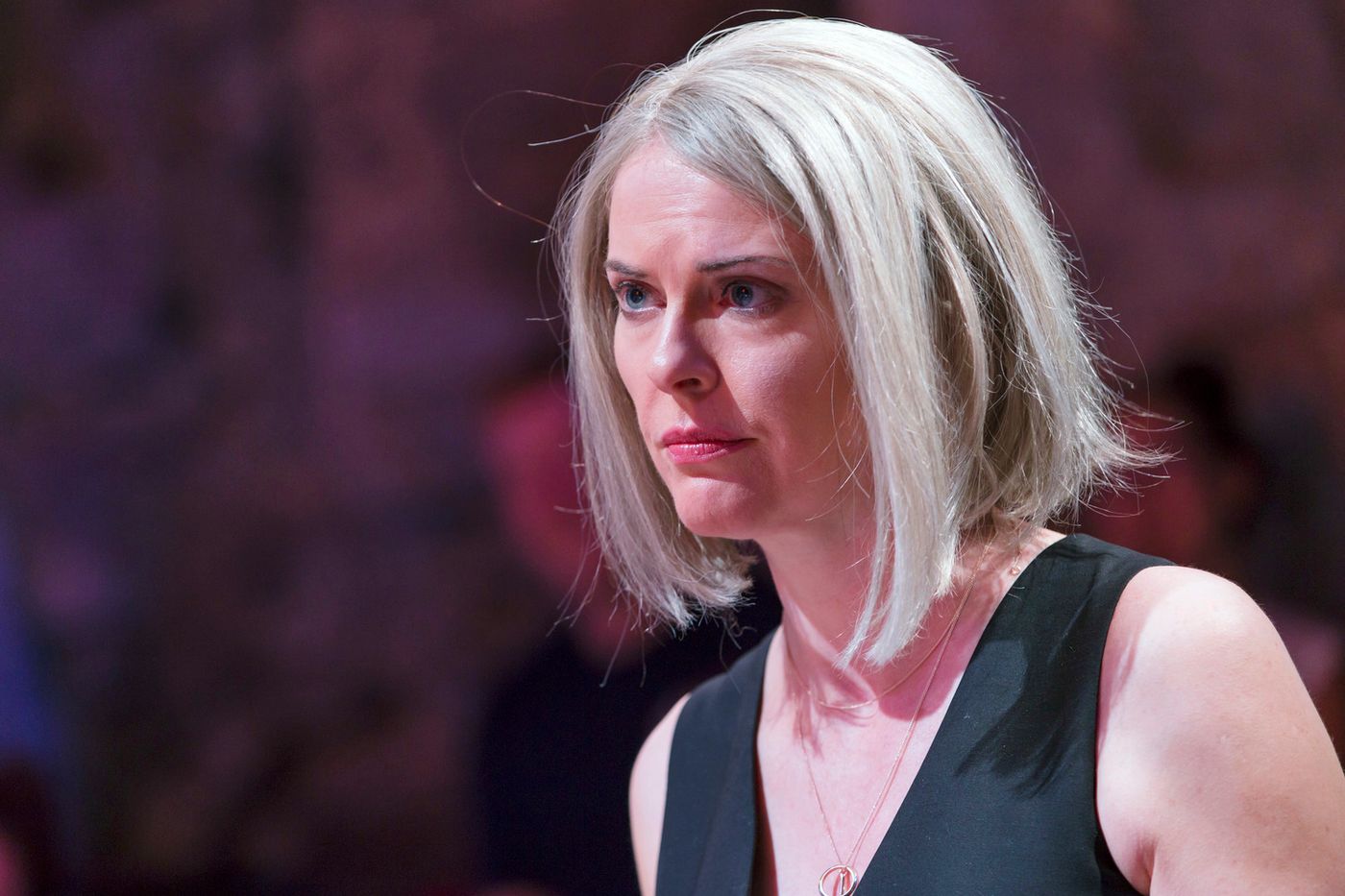Review: Upholstering and Redecorating The FURNITURE

"Furniture is not sentimental," offers George, despairing at his difficulty to bequeath his beloved chaise longue to a willing beneficiary, near the close of Sonya Kelly's scintillating new play Furniture. "You can love it, but it won't remember who you are."
It's a perspective that Furniture's other characters would do well to heed. Kelly's script consists of three self-contained one-act plays, but the characters are united by both their love of - or, more accurately, obsession with - furniture and that their anxieties are unfolding on a day when their lives are about to fundamentally change.
The launch of an exhibition that features a chair made by the pioneering Irish furniture designer Eileen Gray is the setting for the play's opening instalment.
On their wedding anniversary, Alex, a straight-talking ophthalmologist, and Ed, a frustrated visual artist, attend the exhibition.
As they argue over social etiquette and respecting each other's professions, Alex and Ed's pin-sharp verbal acrobatics expose the seismic fault lines creaking underneath their relationship.
Kelly's dialogue - though occasionally overwritten - exuberantly ricochets between Clare Monnelly's arch Alex and Peter Campion's passive-aggressive Ed.
Furniture's second episode, a farce, takes place as Dee is about to move into Stef's "restored classical decay"-style apartment.
The women met just one month previously on a dating app and are an unlikely pairing: the scatty Dee, who never learned to drive "because of the left and right and all that" and the fussy Stef, a woman who sprays furniture polish with the same attentiveness that another would spray perfume.
When the women's explosive desire for each other is interrupted by Stef's concern that Dee's studded belt might disfigure Stef's hulking Danish table, it signals the characters' burgeoning recognition of their incompatibility.
That anxiety is loudly copper-fastened by the appearance of Dee's La-Z-Boy ("I'd only choose that," Stef scowls, "if I was redecorating a Russian mafia strip club.").
Rebecca O'Meara's bumbling Dee and Aisling O'Sullivan's maniacal Stef essay suitably-flamboyant performances that exploit their characters' blatant differences - including the physical disparity - to generate comic fireworks.
In the final part of Furniture, we meet the terminally-ill George and his put-upon nephew Michael.
Played by an irascible Niall Buggy, the gay, manipulative, and superficial George ("No good person makes you wear Crocs") is trying to offload his celebrated chaise longue ("Barbra Streisand sat on it. Rudolph Nureyev sat on it. Judy Garland passed out on it.") as he casually belittles Michael (a redoubtable Garrett Lombard) by not knowing the names of Michael's children.
Yet the script is decorated with a vivid coat of redemption. When Michael stoutly communicates to his uncle that while he will always remember the values that George, through growing up in a less tolerant society, instilled in him, George must acknowledge the priorities in Michael's life.
Cathal Cleary directs Furniture with finesse, assuredly controlling the pace of the production and elegantly shifting the mood of the play as the tone of the script moves from belly-laugh humour to tender reflections on mortality.
In a departure from the autobiographical tenor of her previous plays, The Wheelchair on My Face and How to Keep an Alien, playwright Sonya Kelly demonstrates that she can write just as insightfully about characters outside herself while still marbling them with the same humanity that distinguishes her earlier work.
Furniture runs at the Mick Lally Theatre, Galway, until July 29 as part of the Galway International Arts Festival. See druid.ie and giaf.ie.
Photo credit: Stephen Cummiskey
Reader Reviews
Videos


